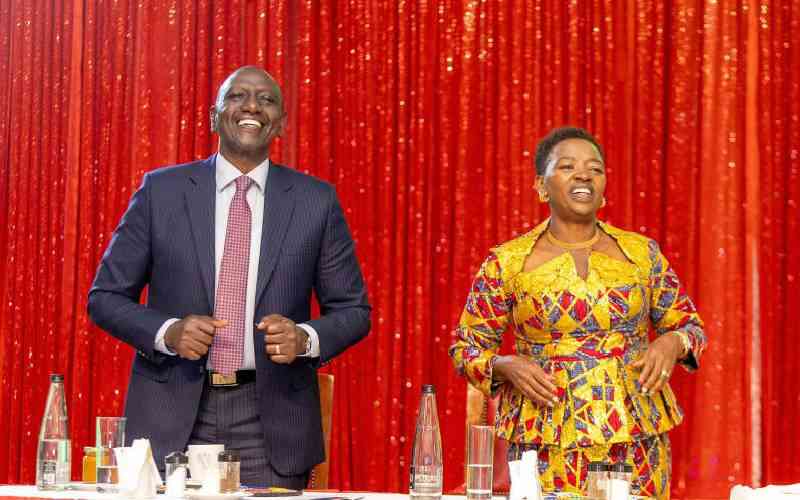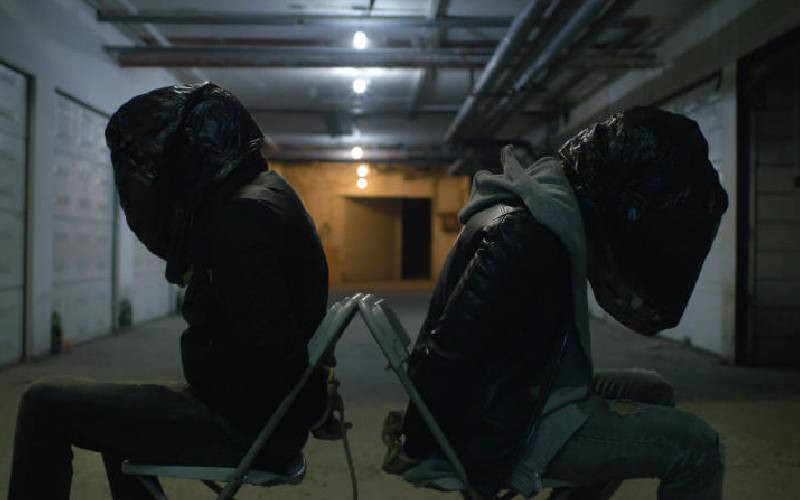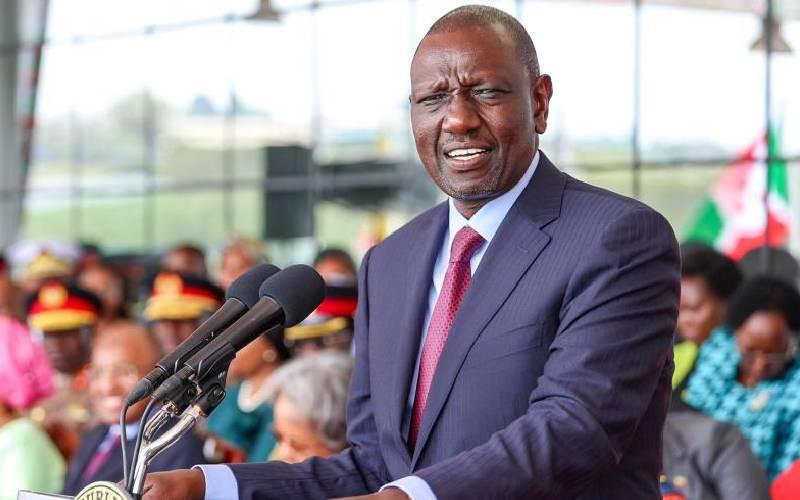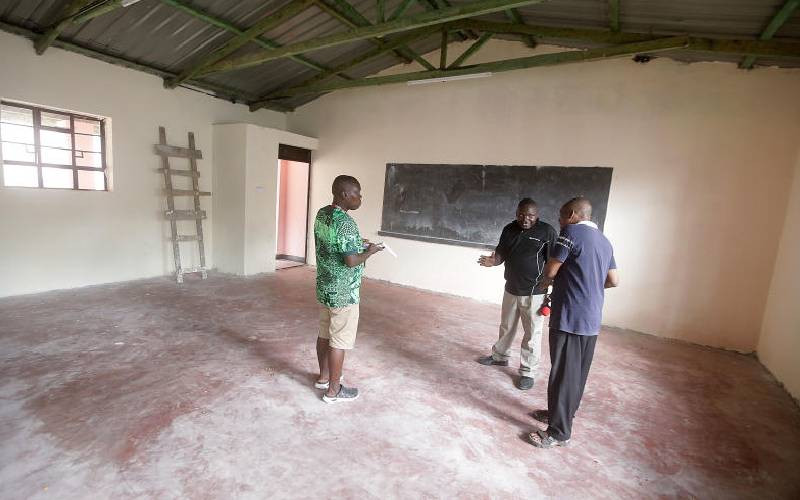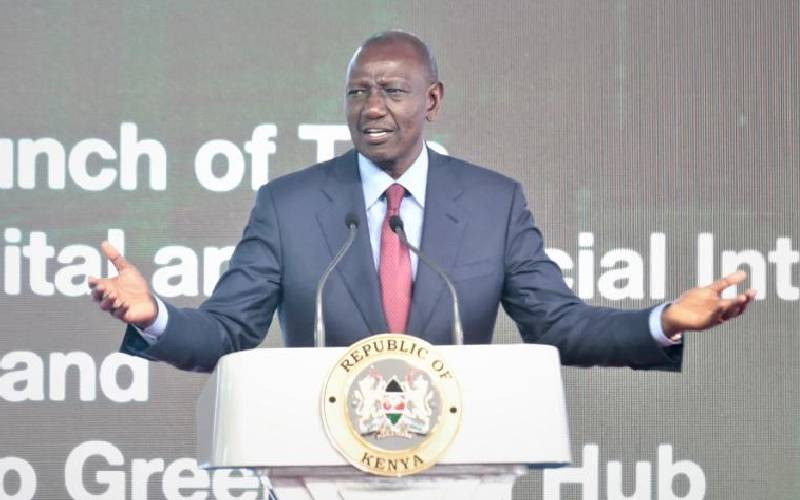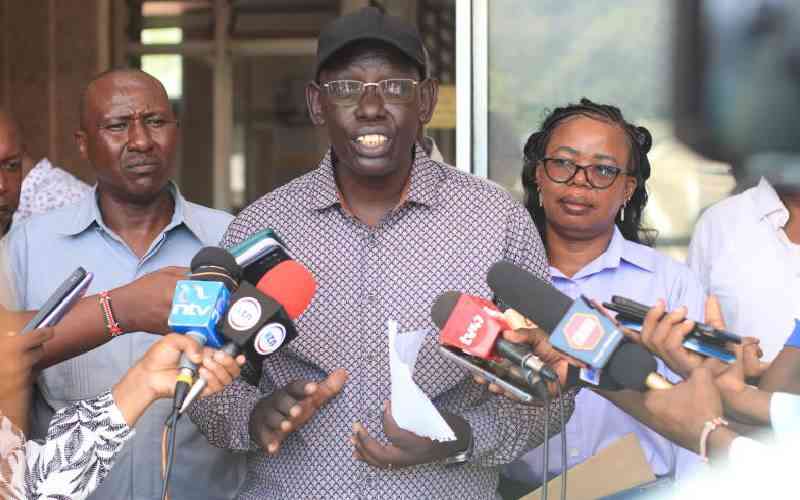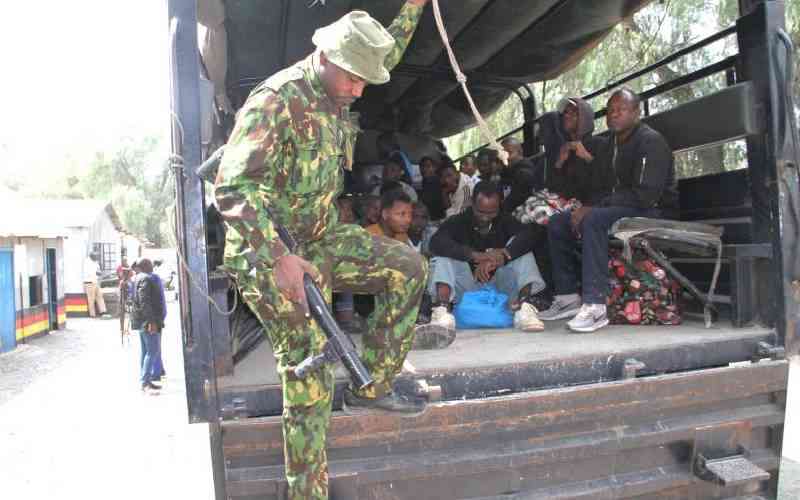It is sad that the longest-serving President of the Republic of Kenya Daniel Toroitich arap Moi has passed on. I am happy and sad at the same time. Sad that we lost a nationalist and happy that he has left a unique legacy to follow. A legacy of peace and unity.
Anyone who lived in the Moi era will quickly recall that when he was president, Kenya was referred to as "the highland of peace in a sea of turbulence". We recall well that the United Nations opened an office in Nairobi because of the peace Mzee Moi had cultivated in the country. It was also the time when the biggest refugee camp was set up in the country to host political exiles from Congo, Rwanda, Somalia and other war-torn countries.
Moi toured every part of this nation in what was referred to as "meet-the-people-tours" just to make everyone feel included in his leadership. That is how he created peace and unity. I dislike to contrast this with the current situation where BBI campaigns are turning chaotic by the day.
Just the other day in Kitui, we saw Tangatanga politicians being harassed by those perceived to be allied to the president and ODM leader Raila Odinga. The good thing is that Building Bridges Initiative (BBI) rallies have been suspended to allow the nation mourn one of its greatest presidents.
I don’t know when the rallies will resume but I pray that when they start being held, the conveners will embrace the spirit of peace and unity that Mzee Moi championed. This is so that we can have a seamless change of the Constitution as Kenyans would wish.
Let our politicians, led by President Uhuru Kenyatta and Mr Odinga, and all other leaders who have worked with Moi, borrow a leaf from mzee and whip their charges to embrace tolerance in the meetings. It is also a time for Deputy President William Ruto, whose allies are being targeted at the BBI meetings, to reach out to the main players in the BBI campaigns and make a truce.
I must commend the Tangatanga adherents for cancelling their parallel BBI rallies. This will ease the political temperatures which had started building up. Without forgetting, it will also be fair that the BBI report, which Kenyans are debating, be printed and distributed to wananchi so that we don’t get the feeling that we are being duped.
If we embrace the political style of Mzee Moi, then I am convinced that the frequent political skirmishes we experience could be a thing of the past. One can only hope that we build on Moi’s legacy rather than destroy it.
The writer Julius Abungana is a cleric.
 The Standard Group Plc is a
multi-media organization with investments in media platforms spanning newspaper
print operations, television, radio broadcasting, digital and online services. The
Standard Group is recognized as a leading multi-media house in Kenya with a key
influence in matters of national and international interest.
The Standard Group Plc is a
multi-media organization with investments in media platforms spanning newspaper
print operations, television, radio broadcasting, digital and online services. The
Standard Group is recognized as a leading multi-media house in Kenya with a key
influence in matters of national and international interest.
 The Standard Group Plc is a
multi-media organization with investments in media platforms spanning newspaper
print operations, television, radio broadcasting, digital and online services. The
Standard Group is recognized as a leading multi-media house in Kenya with a key
influence in matters of national and international interest.
The Standard Group Plc is a
multi-media organization with investments in media platforms spanning newspaper
print operations, television, radio broadcasting, digital and online services. The
Standard Group is recognized as a leading multi-media house in Kenya with a key
influence in matters of national and international interest.


